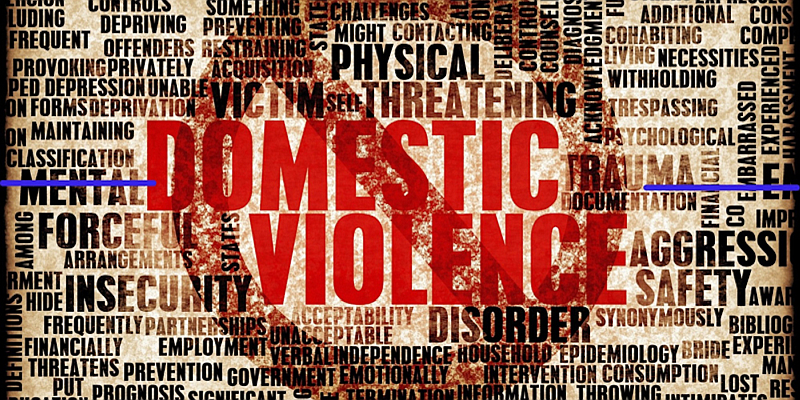Domestic Violence

Today, I want to talk about an issue that affects many lives in our communities: domestic violence. It's a complex problem, woven into the fabric of our society, with multiple factors contributing to its occurrence. While we cannot pinpoint a single root cause, we must acknowledge and address the common factors that play a significant role.
Understanding the Factors
1. Gender Inequality and Patriarchy: Societal norms often perpetuate gender inequality, reinforcing traditional roles that can lead to power imbalances. This can create environments where abusive behavior is tolerated or even encouraged.
2. Substance Abuse: The misuse of alcohol and drugs can impair judgment and increase aggression, making violent behavior more likely.
3. Economic Stress: Financial insecurity can lead to feelings of frustration and helplessness, which may trigger violent outbursts.
4. Mental Health Issues: Conditions like depression and anxiety can affect mood and behavior, making it harder for individuals to manage their emotions in healthy ways.
5. Lack of Education and Awareness: A lack of knowledge about healthy relationships and conflict resolution can leave individuals ill-equipped to handle disputes, increasing the risk of violence.
Taking Action Together
To combat this menace, we must come together as a community and implement effective strategies:
1. Education and Awareness Programs: Let's invest in programs that teach healthy relationship skills, effective communication, and conflict resolution. These tools are vital for fostering a safer environment.
2. Support Services: We need to ensure that victims have access to counseling, therapy, and hotlines. It's crucial that those in abusive situations feel empowered to seek help and rebuild their lives.
3. Legal Interventions: Stronger laws against domestic violence must be enforced. We must make it clear that such behavior is unacceptable and will have consequences.
4. Community-Based Programs: Initiatives that promote gender equality, prevent substance abuse, and address economic stress can help reduce the underlying factors contributing to domestic violence.
5. Mental Health Support: Offering mental health resources for those who have engaged in violence is essential. By addressing underlying issues, we can help prevent future incidents.
A Call to Action
As families, we have the power to create change. Let's foster open dialogues about relationships, support one another, and be vigilant in recognizing the signs of domestic violence. By coming together, we can build a community rooted in respect, understanding, and safety for everyone.
Let's take these steps to elevate our responsiveness and ensure that our communities are a place where everyone can thrive without fear.
Together, we can make a difference.
By Mr.Ndiema Kimtai,
